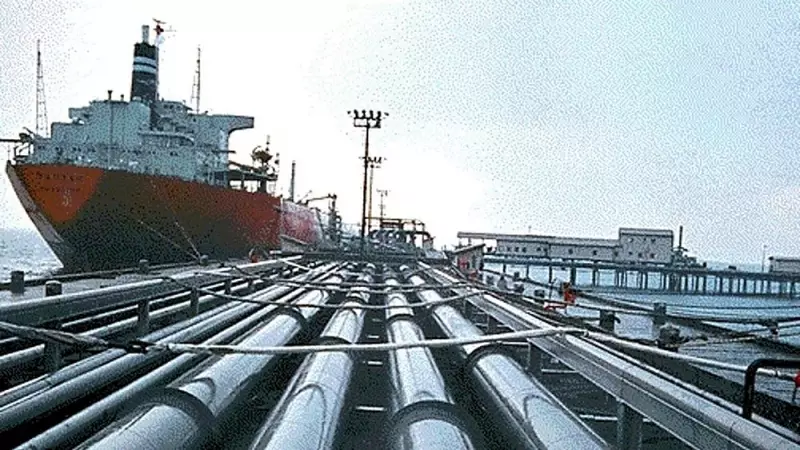
In a significant strategic shift, India is set to dramatically reduce its direct purchases of Russian crude oil starting December 2024, responding to intensifying US sanctions that have complicated payment mechanisms and shipping logistics.
The Sanctions Dilemma
Washington's escalating sanctions regime has created substantial hurdles for Indian refiners attempting to settle payments for Russian crude. The restrictions have specifically targeted maritime services and shipping companies transporting Russian oil sold above the $60-per-barrel price cap established by G7 nations.
Refiners Adapt Their Approach
Major Indian refining companies, including industry giants like Indian Oil Corp and Bharat Petroleum, are recalibrating their procurement strategies. While direct imports from Russian suppliers will see a sharp decline, these corporations plan to maintain their Russian crude supplies through international traders and intermediaries who can navigate the complex sanction landscape.
Payment Challenges Mount
The core issue revolves around payment settlements. Indian refiners have encountered increasing difficulties in processing transactions through Dubai-based intermediaries and other previously reliable channels. Russian suppliers' insistence on payments in UAE dirhams rather than US dollars has added another layer of complexity to an already challenging situation.
Market Implications
This strategic pivot comes as Russia has solidified its position as India's top oil supplier for several consecutive months. The reduction in direct imports doesn't necessarily signal a complete withdrawal from Russian crude but rather a restructuring of procurement methods to ensure compliance while maintaining essential energy supplies.
Industry analysts suggest this move reflects India's delicate balancing act between securing affordable energy resources and navigating the complex web of international sanctions and diplomatic pressures.






